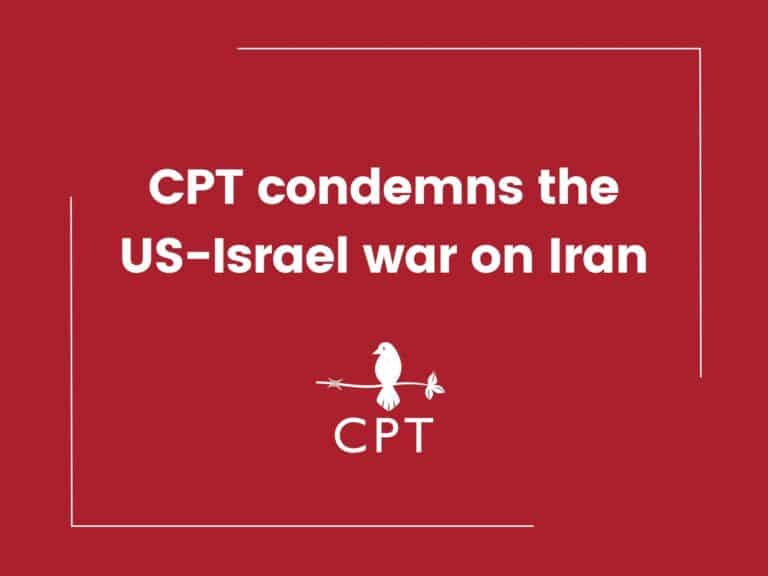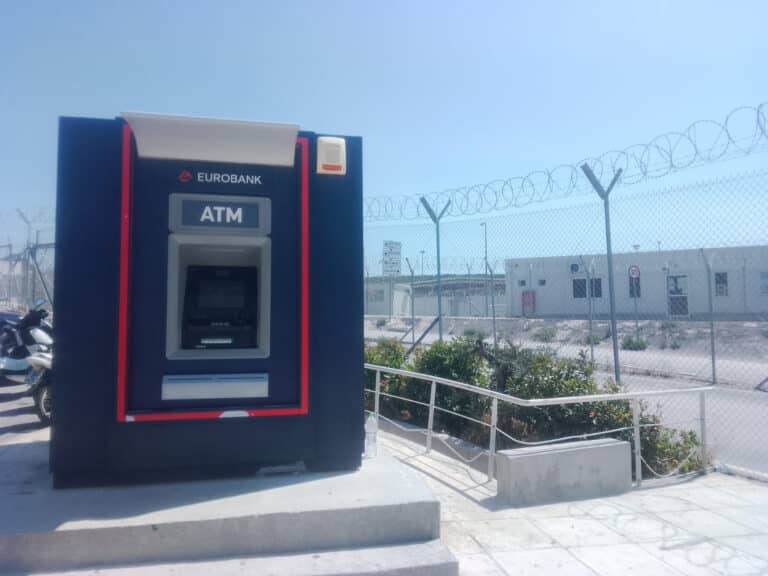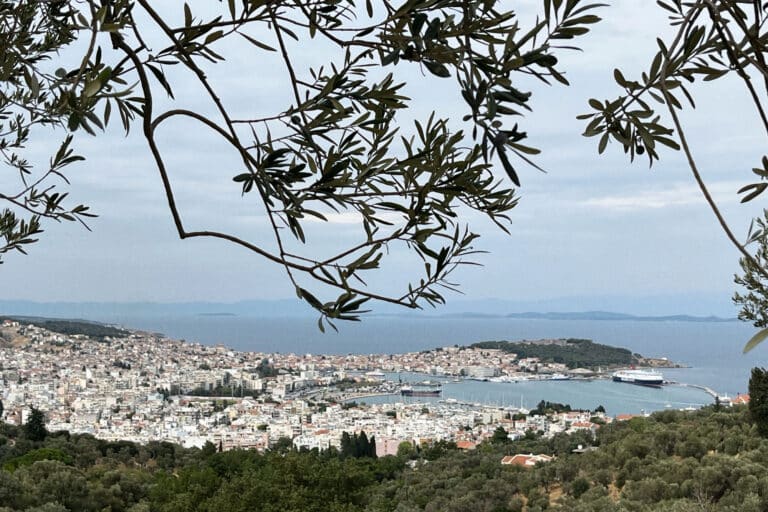CPTnet
13 May 2014
IRAQI KURDISTAN: Election day (Part 1)–Police ask
international observers to protect them from Asaish Security Forces
On 30 April, Christian Peacemaker Teams (CPT) Iraqi Kurdistan coordinated a
group of five volunteers—three Iraqi Kurds, a European and an American—to
serve as observers for the first elections for the Iraqi Parliament since the
U.S. Forces left the country. Voters
were also selecting representatives for the Administrative Councils of the
three provinces under the control of the Kurdistan Regional Government (KRG). Since September 2013, Iraqi Kurdistan
politics have been in turmoil. At
that time, the Patriotic Union of Kurdistan (PUK) one of the two ruling parties
that shared power in the KRG since 1991, lost its share in the Kurdistan
Parliament to the Change (Gorran) movement, an opposition political group. One of the last significant powers
remaining in PUK hands was the control of the Provincial Council of Sulaimani. In this election, the first in nine
years, the PUK had much to lose.
In Sulaimani province, the Asaish (security forces/intelligence agency) fall
under the control of the PUK. The
electoral law forbids the presence of the armed forces, except the police,
inside the polling centers. However,
on this 30 April election day CPT observers visited five schools in and around
Sulaimani city and found security forces armed with AK-47s positioned around or
directly at the entrance of four schools as well as armed officers inside the
three of them.
CPT arrived at the fourth school in the late afternoon after having observed a
group of about eight men armed with handguns and AK-47s walk out of a nearby
PUK office and gather near the school’s entrance. The men appeared to be observing the CPTers as the CPTers
observed them and after making a phone call, they dispersed and left.
 |
|
| Bullet shells IHEC voting center manager collected on poster of political parties and their candidates. |
Following the CPTers’ arrival, the voting center manager, who worked for the
Independent High Electoral Commission (IHEC)—the formal body responsible for
the transparency, fairness and independence of the elections—led the team into
an empty staff room and presented a handful of bullet shells. He said: “We collected them in the
school yard this morning after the Asaish tried to come in armed with guns and
take over the school after we prevented some people from voting more than once.
The police protected the school. The Asaish were upset and fired in the
air. Luckily they left.”
A spark of
courage followed the anxious look on the man’s face as he continued: “Tonight I
won’t sleep in my home. They know
where I live. But what I care most
about is that the center remains opened and that we can count all the votes
without a violent intervention.”
Outside the room, a police officer came to speak with CPT. He recounted the
story and added: “You are international observers. Your work is very important. We are afraid that the Asaish may come back after we close
the center at 6:00 p.m. We would
feel safe if you could stay with us. Your presence will protect us.”
The decision of the team that two members would stay brought a sigh of relief
from the police officer and a smile to the face of the IHEC center manager. Even though CPT could not remain until
the early morning hours when the ballot boxes were taken to the recount
centers, for as much as CPT could observe, the ballot count went on
uninterrupted. In this school the
courage of the police, the manager and staff of the voting place had protected
the center from closing and the votes from being discarded.
An IHEC staff member in a nearby school has not been so lucky. Another reflection will tell his story.



